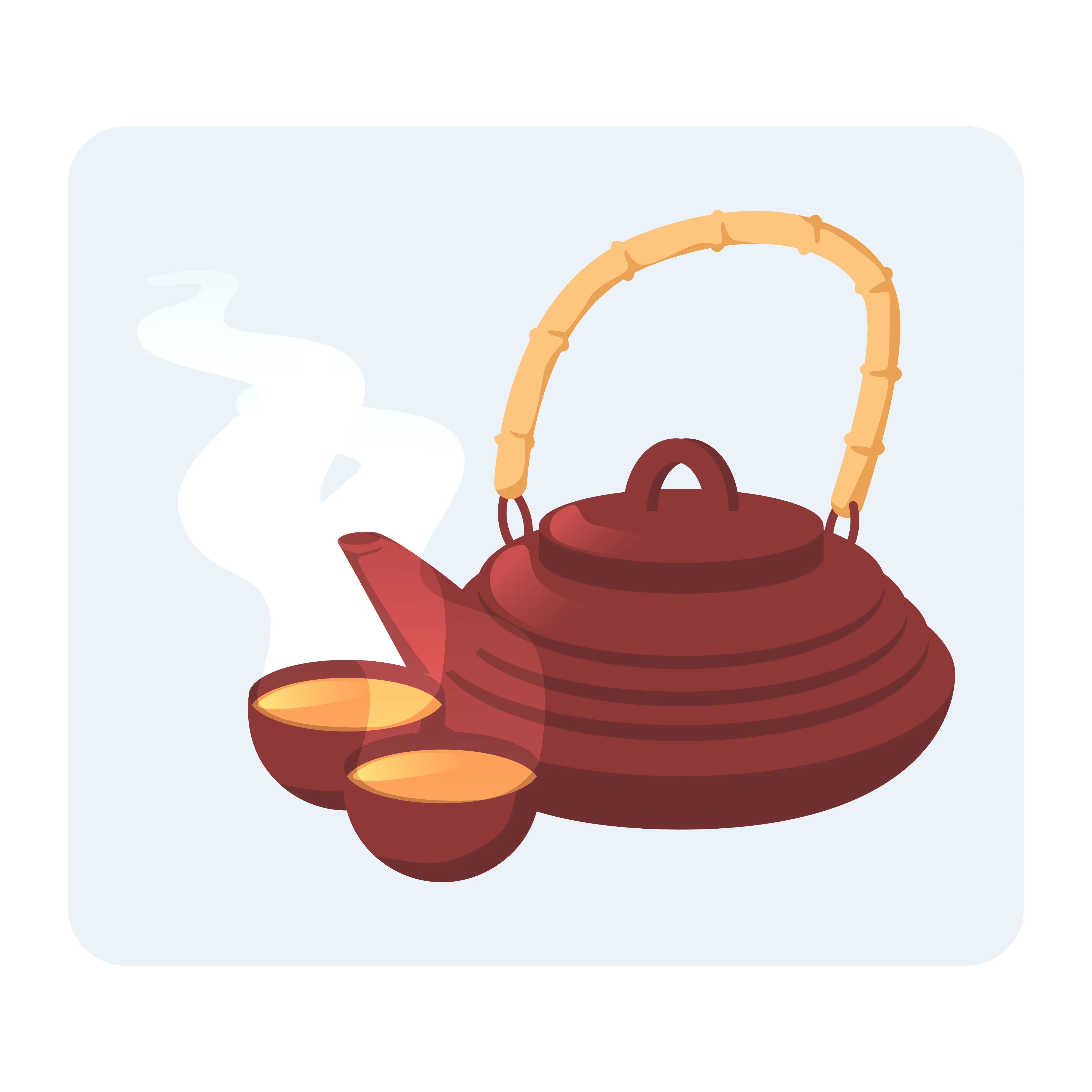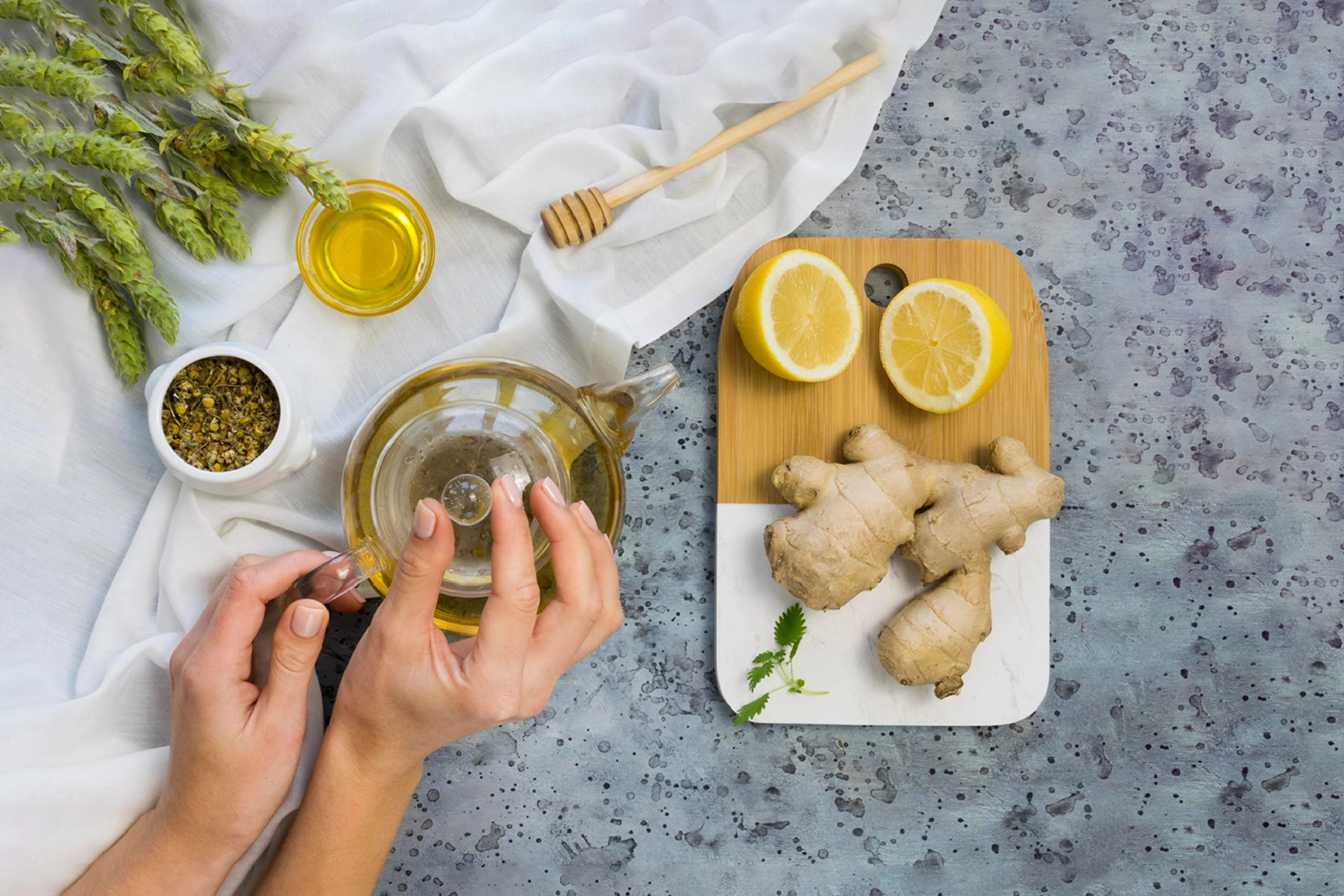Ayurveda | 4 min read
How to Improve Your Diet and Lifestyle with These Simple Ayurvedic Tips
Medically reviewed by
Table of Content
Key Takeaways
- Follow the Ayurvedic diet to protect yourself from stomach infections
- Sip warm water during the day to boost your metabolism and stay hydrated
- Get a customized diet by consulting a specialist using Bajaj Finserv Health
Ayurveda is a holistic form of medicine that strives to enhance the balance between your body and the mind. As per Ayurveda, five elements (air, water, earth, fire, and space) contribute to your physiological well-being. Eating food based on the dominant element in your body forms the basic principle of the Ayurvedic diet. While Ayurvedic tips help lead a holistic lifestyle, it is essential to follow them during monsoons. This is because this season is known to bring with it a range of air-borne diseases. As per Ayurveda, the fire element tends to become weak during the rains and causes digestive problems. This imbalance accounts for several gastrointestinal diseases like diarrhea and dysentery.
Here are some Ayurvedic lifestyle tips and Ayurvedic nutrition practices that will help you enjoy monsoons without worrying about stomach ailments and other seasonal disorders.
Follow These Ayurvedic Lifestyle Tips for Better Health during Rains
During monsoons, Ayurveda recommends that you avoid sleeping during the day as the digestion process tends to become slower. To further aid your metabolism, drink warm water all through the day. It is essential to keep yourself hydrated during the rains. Another tip for diabetics, as well as everyone else, is to keep your feet dry. This helps prevent fungal infections. Fumigating your house by burning neem leaves also helps ward off insects or pests. Some other Ayurvedic lifestyle tips include scrubbing your body every day after a bath to release the toxins that might result in acne. In fact, one of how you can do this and benefit from smooth and soft skin is to use a paste of turmeric and gram flour in milk or sandalwood paste as a scrub. [2,3]
Additional Read: Ways to Take Care of Your Skin for This Rainy SeasonAyurveda and diet
Ayurvedic nutrition focuses on eating specific foods that promote balance among the different elements in your body. Some of the characteristics of these elements during the rains are listed below.
Combination of fire and water: Those with this combination usually suffer from indigestion and heart ailments. As per Ayurveda, cooling and energizing foods help relieve problems.
Combination of air and space: These elements may lead to fatigue and anxiety. So, the Ayurvedic diet recommended includes warm and moist foods for such people.
Combination of earth and water: Those with this combination may experience asthma, depression, and weight gain. Hence, it is important to consume fruits, vegetables, and legumes. [1]
![]() Observe the Ayurvedic diet and stay away from stomach ailments during monsoons
Observe the Ayurvedic diet and stay away from stomach ailments during monsoons
The Ayurvedic diet recommends avoiding uncooked or raw food and leafy vegetables during the rainy season. This helps eliminate germs or other impurities that can cause stress on the gastric system. Instead, have food items made from rice, barley, and wheat for better digestive health. Having a piece of ginger with rock salt before every meal further enhances the digestion process. Ayurveda also recommends foods with low spice levels as spice may lead to stomach bloating, ulcers and gastritis. When it comes to tadka, you’ll be happy to know that Ayurveda suggests consuming ghee made from cow milk as it helps in memory retention, fighting infections, and digestion.
Monsoon is also a time to include plenty of herbs in your diet as many of these are anti-oxidants, which improve immunity. You can also include vegetable soups in your diet for the same reason. Another way to detoxify is to eat a spoonful of honey, as it functions as a natural cleanser. However, avoid processed honey and choose natural, pure honey. Another way to help your immune system is to drink a concoction of ginger, mint leaves, or basil tea. This helps fight against cold, cough, or even asthma. So, include this alongside or instead of your rainy season cuppa!
Fermented foods are a big no per Ayurveda, and consuming a wholesome yet light diet is recommended. Always ensure that you have a light dinner at least 2 hours before bedtime.
Additional Read: Golden Elixir: A Look at the Nutritional Values of Honey and Its Health Benefits
Avoid the following things when following the Ayurveda and diet
You need to totally avoid certain foods during monsoons as a part of the Ayurvedic diet.
- Do not consume sour or acidic foods like pickles and chutneys
- Cow’s milk is easy to digest, so choose this over buffalo milk
- Avoid red gram lentil as it causes flatulence and acidity
- Eat green gram lentils as they are easily digestible
Ayurveda and nutrition go hand in hand and can help you achieve health and well-being during the monsoon season. Ayurvedic tips for health and lifestyle are also easy to follow, so you can make them a part of your life. When it comes to specific health tips, Ayurveda may offer suggestions based on your principle energy. Book an appointment with an Ayurvedic doctor near you in minutes on Bajaj Finserv Health to get customized advice. This way, you can enjoy your monsoons by adopting a holistic Ayurvedic lifestyle.
References
- https://www.healthline.com/nutrition/ayurvedic-diet#the-diet
- https://www.jiva.com/blog/ayurvedic-diet-lifestyle-tips-for-monsoons 3.
- https://www.drsonicakrishan.com/ayurveda-diet-and-lifestyle-for-rainy-season-monsoon-is-here-take-care/
- https://ayurvalley.com/2019/10/31/ayurvedic-diet-to-follow-during-rainy-season/
- https://www.nhp.gov.in/keeping-healthy-during-monsoon-with-ayurveda_mtl
- https://www.seniority.in/blog/17-ayurveda-health-tips-for-rainy-season-varsha-ritu/
Disclaimer
Please note that this article is solely meant for informational purposes and Bajaj Finserv Health Limited (“BFHL”) does not shoulder any responsibility of the views/advice/information expressed/given by the writer/reviewer/originator. This article should not be considered as a substitute for any medical advice, diagnosis or treatment. Always consult with your trusted physician/qualified healthcare professional to evaluate your medical condition. The above article has been reviewed by a qualified doctor and BFHL is not responsible for any damages for any information or services provided by any third party.

 Observe the Ayurvedic diet and stay away from stomach ailments during monsoons
Observe the Ayurvedic diet and stay away from stomach ailments during monsoons



